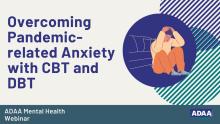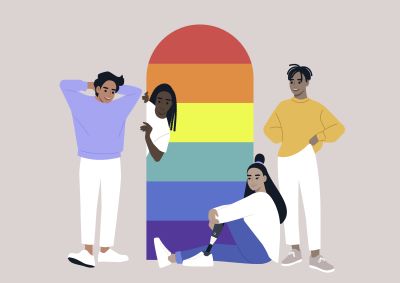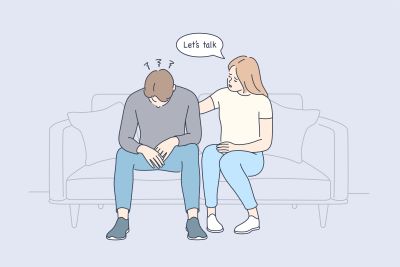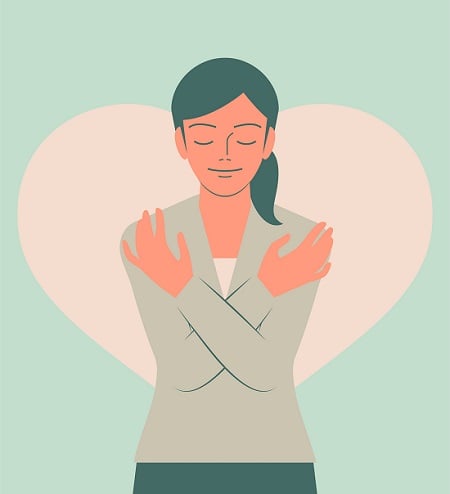Conversations with Ken Goodman LCSW: Hannah Interview About Emetophobia
Ken Goodman and Hannah sit down to discuss emetophobia, what it's like to have a fear of vomiting and strategies to overcome it. Watch the full conversation to learn more about the fear of vomit and find support from others.














